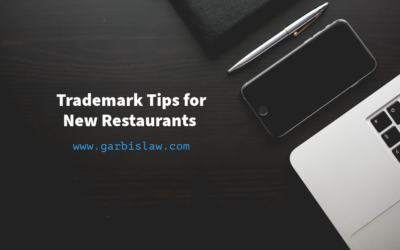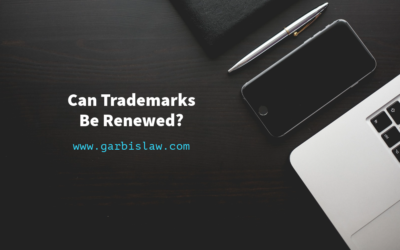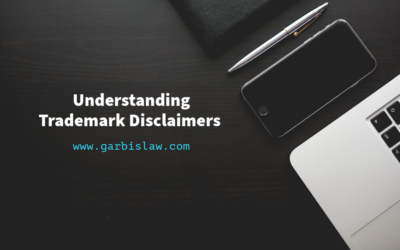Today we are going to look at a trademark opinion on marijuana released by the USPTO Trademark Trial and Appeal Board (“TTAB”), two Miami breweries fighting over a name, and a set of strip clubs arguing over a legendary Native American name.
IN RE MORGAN BROWN – HERBAL ACCESS
Morgan Brown submitted a trademark application for the mark HERBAL ACCESS covering “retail store services featuring herbs.” The application was rejected by the Trademark Examining Attorney under two sections of the Trademark Act on the grounds that the herbs offered for sale include marijuana, which is a substance that can’t be lawfully sold or distributed under federal law.
At this point, you may be thinking to yourself that there are a few states which allow small possession of marijuana. Well you’re right. In fact, the applicant is located in the State of Washington, “where adults can possess 1 ounce of useable marijuana, 16 ounces of marijuana-infused product in solid form, and 72 ounces of marijuana-infused product in liquid form.” RSW §69.50.101. The USPTO addresses this, citing case law stating that to qualify for a federal service mark registration, the use of a mark in commerce must be “lawful.”
What is a lawful use in commerce?
According to the court, the fact that a product or service may be lawful within a state is irrelevant when talking about a trademark registration under federal law. According to the opinion, “use in commerce” means a “lawful use in commerce, and the sale or shipment of goods in violation of a federal statute may not be recognized as the basis for establishing trademark rights.”
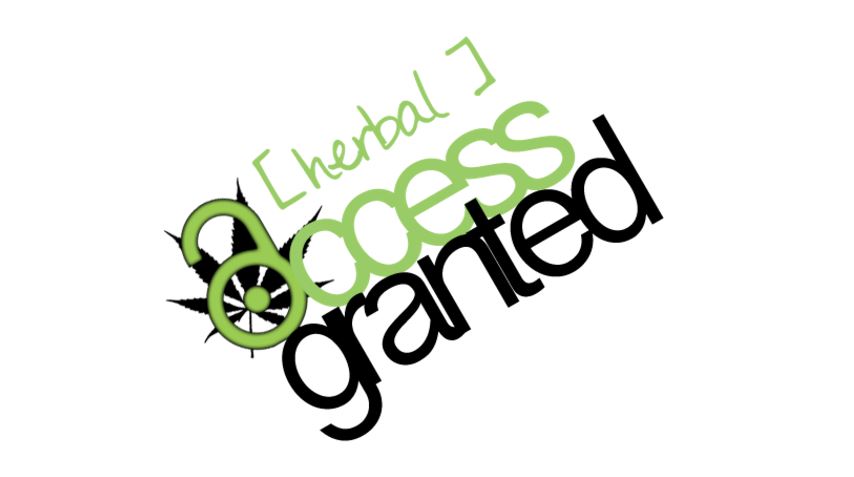
The Examining Attorney used evidence from the applicant’s website which was submitted with the trademark application as a specimen to infer that the sale of marijuana occurs. In addition to the logo below seen when first visiting the site, the Examining Attorney also references a green cross and includes evidence showing it has become the symbol of the organized medical marijuana industry.
The TTAB cites the federal Controlled Substances Act (21 USC §§ 812, 841(a)(1), 844(a)) which prohibits, among other things, manufacturing distributing, dispensing or possessing certain controlled substances, including marijuana and marijuana-based preparations. Since federal law trumps state law, the court is able to reject the registration for HERBAL ACCESS.
The applicant argued that the sale of herbs isn’t a violation of the CSA and that the Examining Attorney should not have singled out because the evidence does not show the use of the mark “specifically in connection with one particular herb: marijuana.” The TTAB didn’t buy that argument as the Applicant didn’t argue whether or not marijuana is an herb.
FROM DRUGS TO BOOZE…
Let’s pretend for a second that you are at a bar right now. There are two beers in front of you and you had to pick one. The first one is a beer made by “The Miami Brewing Co.” The second one is brewed by the “M.I.A. Beer Co.”
Would you be confused? The Miami Brewing Company certainly thinks so, which is why sent a cease and desist letter to M.I.A. Beer Co.
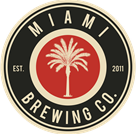
The Miami Brewing Co. owns the trademark registration for MIAMI BREWING COMPANY which has been registered on the Supplemental Register.”
WHAT IS THE SUPPLEMENTAL REGISTER?
There are two places you can register your trademark. The Principle Register is the ideal one, as it indicates you have a distinctive mark. With some weaker marks, the Supplemental Register is an option in order for your mark to acquire “secondary distinctiveness.” Basically, if you get on the Supplemental Register, your mark will acquire distinctiveness in five years and you can likely transition it to the Principal Register.
I think that that M.I.A. has a few things going for it that might help. First, MIAMI BREWING COMPANY is quite descriptive given the geographic term in the name. I personally associate M.I.A. with the acronym for “Missing in Action” more so than I do as an indicator for Miami. We’ll see where this goes. According to the news article, it seems that the owners of the two breweries know each other, so this may be resolved quietly.
BRING IN THE STRIPPERS…
Yes, even strip clubs can have registered trademarks. A lot has been said with the use of Native American names as trademarks when it comes to sports teams, but how about when they are used to identify exotic dance performances? Usually, these cases involve a group trying to cancel a trademark for being disparaging to Native Americans. In this case, however, we have multiple club owners arguing over the name Crazy Horse, which was once a legendary Native American name.
The mark “Crazy Horse” has been associated with adult entertainment since the 1950’s and clubs using the name have been found all over the United States. This dispute boils down to following the chain of events which clears the use of the name by all parties involved.
- January 2006: Carl Reid, owner of strip clubs in the Carolinas, successfully registers the marks CRAZY HORSE and PURE GOLD’S CRAZY HORSE for “entertainment services, namely, exotic dance performances.”
- September 2007: John Salvador attempts to register mark for CRAZY HORSE TOO, but was rejected by the USPTO.
- A few years later, Russell Road tries to register the mark for CRAZY HORSE III GENTLEMEN’S CLUB AT THE PLAYGROUND for his strip club in Las Vegas, but is rejected by the USPTO because it would cause confusion with Reid’s marks.
- Frank Spencer also tried to register CRAZY HORSE for his strip clubs in Ohio, but he too was rejected by the USPTO for the same reason.
Following me so far?
Everyone who tried to register their marks eventually ended up with a right to use the name. We’ll start with Reid and Salvador. After getting rejected by the USPTO, Salvador filed cancellation proceedings to invalidate Reid’s marks. Eventually Reid consented to Crazy Horse Too’s “use and registration of any mark that includes the phrase Crazy Horse provided the mark does not contain the phrase Pure Gold’s.”
Frank Spencer eventually formed Crazy Horse Consulting (“CHC”) in 2010 to expand his brand. Reid (owner of the original trademark registrations) ended up assigning his trademark rights to CHC.
That leaves Russell Road. Fast forward to 2011. Spencer learned that Road was operating his Crazy Horse III club in Las Vegas and notified him that his name was infringing. Spencer forwarded over an application to license the use of the Crazy Horse trademark. Instead of filling out the application, however, Road spent $2,500 and entered into an assignment agreement with Salvador. Under the assignment agreement, Salvador assigned Russell Road his rights under the trademark co-existence agreement between himself and Reid. This allowed Russell Road to use the name and avoid any licensing fees Spencer was looking for.


